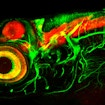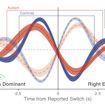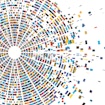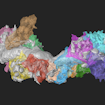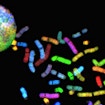
SFARI's 2022 Genomics of ASD: Pathways to Biological Convergence and Genetic Therapies RFA is now open. Grants awarded through this RFA are intended to improve our understanding of the molecular and cellular consequences of genetic risk for autism spectrum disorder (ASD), and to provide a foundation for the development of new therapies.
